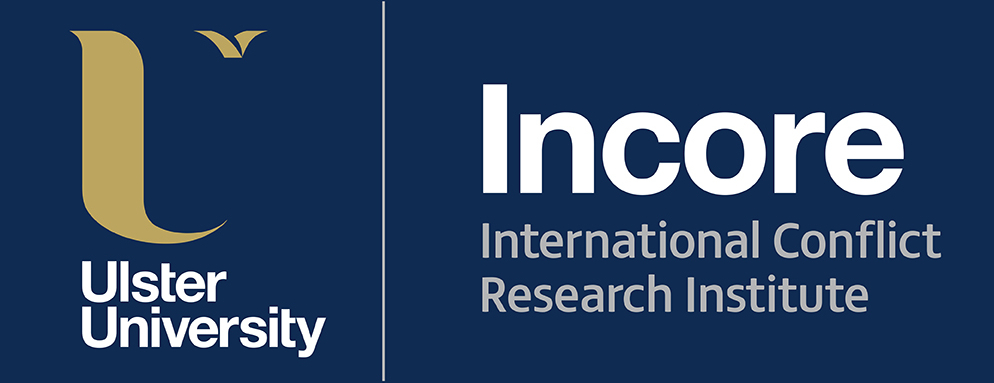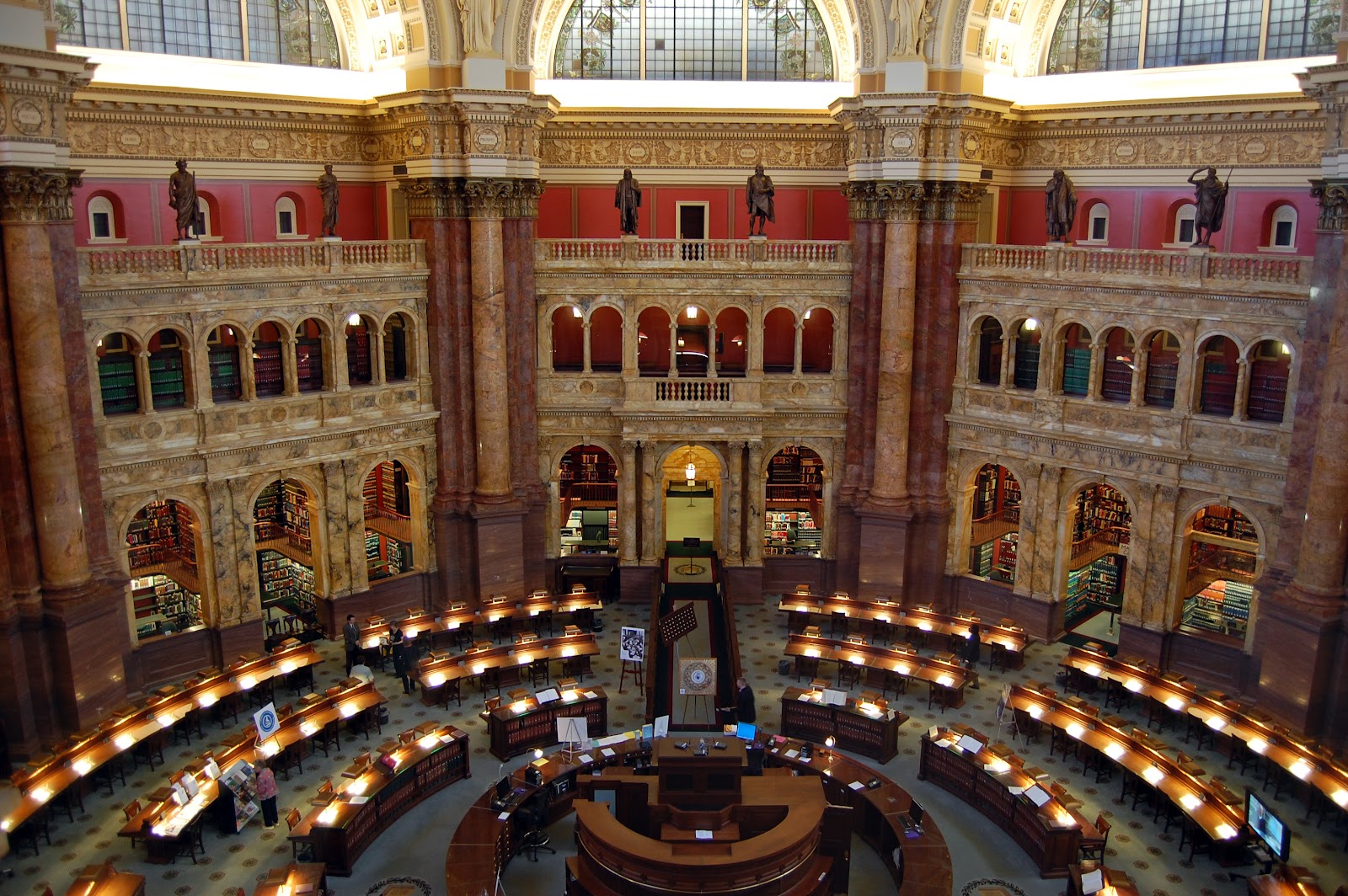The is the second post in a series. For part one, please click here.
Having attended the Build Peace conference at MIT over the weekend of 5-6 April, I moved on to Washington DC to meet with some of the people working on similar projects to Accounts of the Conflict. The topic of conversation that arose most often was the controversy surrounding the subpoenaed Boston College tapes. This was prior to the arrest of Gerry Adams at the end of April, which made headlines around the world. Regardless of the regular references to Boston College, everyone I met with was enthusiastic about Accounts of the Conflict. Some information about the work of the institutions I visited is outlined below.
Roy Rosenzweig Center for History & New Media
The RRCHNM is situated within George Mason University in Fairfax, Virginia. I was very impressed with their work, even before making the trip to the centre. The team at the RRCHNM is responsible for the Omeka platform, which we will use to house the Accounts of the Conflict interviews online. The team of historians, researchers and web developers work on digital resources for research, education, development and outreach. The centre’s website, which is well worth a visit, provides links to all of their projects. They have used Omeka to build online archives such as the Bracero History Archive, The September 11 Digital Archive and the Hurricane Memory Bank. The have also developed a mobile app which allows visitors to the National Mall in Washington DC to find detailed information about monuments and buildings in their vicinity.
One of the most exciting resources offered by the RRCHNM is Scripto. This is an extension or plugin for content management systems that allows members of the public to transcribe a range of different file types. For example, dedicated members of the public can transcribe a handwritten document, making it easily searchable. Audio and audio-visual materials can also be transcribed in the same way. This crowd-sourced method of transcription is perfect for projects that do not have the labour or resources to carry out such work. The concept works in much the same way as other wikis, with accuracy ensured through the collaborative efforts of multiple users, and the owner of the website.
United States Holocaust Memorial Museum
The USHMM in Washington DC is working on a project which will bring together archive audio and audio-visual interviews with Holocaust survivors. They are currently in the process of digitising the recordings and making them available to stream on the Internet. There are currently 5,889 oral history testimonies on the website. The oral history team at the museum are experiencing many of the same challenges that the Accounts of the Conflict team face, albeit on a much larger scale. Some of the issues which seem to be common, regardless of the scale of the project, are ensuring that the right file formats are chosen, ensuring that a high ethical standard is followed with interviewees, and finding a way to make the material fully searchable. It appears that we all face the same challenge in finding ways to ‘timestamp’ audio and audio-visual material, or make it as easily searchable as text. The technology to do this is available, but it struggles to recognise accents and reach the level of accuracy that is required. It would appear that, at present, the best way to make audio and audio-visual materials searchable is to manually transcribe the interviews and make the transcripts searchable with time stamps that correspond to the video. This is a very labour intensive process, but is something that a resource like Scripto can aid.
Library of Congress, Washington DC
The Library of Congress is a mightily impressive building, which I was kindly given a personalised tour of prior to my meeting with the archives and technical staff. The team at the Library of Congress are very diligent and were able to provide useful advice on managing large amounts of information, ensuring that logical filing systems are used, ensuring that informed consent is secured from participants, and following international metadata standards.
The Library’s latest project, which is operated by its American Folklife Centre, is the Civil Rights History Project. This is a collection of audio-visual interviews that are presented on a dedicated website with full metadata and access information. They are also presented in the context of the library’s other collections, with links provided to contextual information such as documents and photographs. I would suggest that this project should be consulted by anyone interested in developing an online resource with audio-visual oral histories. It is presented in a clear manner, following metadata conventions and linked to the library’s vast resources quite well.
My visits to the institutions above, and others in the Washington DC area, were greatly beneficial to the Accounts of the Conflict project team. We are learning from the practices of some of the world’s largest digital archives, which are experiencing the same challenges we face, in a world where the pace of technological change requires constant diligence.
- Closing Remarks - 3rd December 2014
- Conference: 17-18 November 2014 - 14th November 2014
- Conference: Less Than a Week to Go - 13th November 2014






